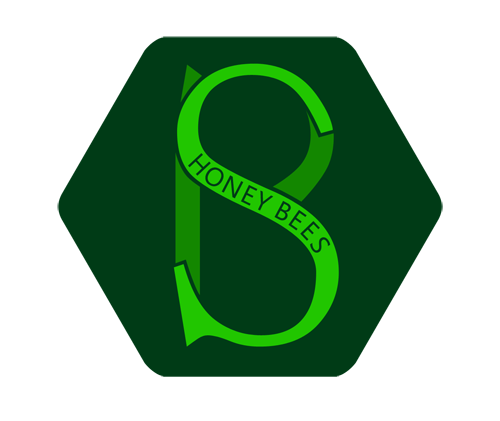We use cookies to make your experience better. To comply with the new e-Privacy directive, we need to ask for your consent to set the cookies. Learn more.
Due to the prolonged winter period, the National Bee Unit has initiated the distribution of starvation warning emails across a significant portion of the UK. The persistent cold and inclement weather conditions have severely hindered the beginning of the beekeeping season. Consequently, bee colonies have experienced setbacks in terms of population, and beekeepers have unfortunately witnessed the loss of hives.
The unusual and extended cold spell has significantly disrupted the typical progression of the beekeeping calendar. During this critical time of year, honey bees usually emerge from their winter clusters and commence foraging to replenish their food stores. However, the protracted winter has forced many bee colonies to conserve their dwindling resources, which, in turn, has caused their populations to decline.
As a result, beekeepers across the country have faced the disheartening loss of hives due to the combination of harsh weather and diminished food supplies. The impact on these beekeepers and their colonies is evident, and it underscores the unpredictable challenges that beekeeping can entail.
The warning emails from the National Bee Unit serve as a crucial reminder of the importance of monitoring bee colonies during the transitional periods between seasons. Ensuring that bees have access to adequate food stores is a fundamental aspect of beekeeping, especially in regions where extended winter conditions can pose a significant threat to colony survival.
In response to these challenges, many beekeepers are taking steps to provide supplementary feeding to their colonies to bolster their strength and mitigate the potential risks of starvation. This practice involves providing sugar syrup or other suitable food sources to bee colonies to help them through the difficult period until forage becomes more readily available.
While the extended winter may pose formidable obstacles for both honey bees and their keepers, it also exemplifies the resilience and adaptability of these remarkable creatures. Beekeepers, undeterred by the challenges, continue to demonstrate their dedication to the well-being of their colonies, with the hope of guiding them towards a successful recovery as the beekeeping season progresses.
A copy of NBU email
"March 2013 Starvation Risk. Important Information about Colony Food Levels.
With the continued poor weather looking to persist through to the end of March, colonies may be starting to run out of food (if they haven’t already). It would be advisable to check the food levels by opening the hive and making a very quick observation on their store levels. Key points to remember are:
• The colony may still have stores available which are at the other end of the brood chamber to the cluster of bees. If there are ‘empty’ frames between the two then the bees could still starve, despite food being in the chamber. Move the frames of food directly next to the outer frame where the cluster resides, ensuring that you score each frame of food (not excessively, but enough to stimulate feeding). Be sure not to knock or roll the bees when doing this and to be as quick as possible.
• If the colony has little or no frames of food then give them a block of candy or fondant. You want to aim for about 2.5 kg per hive and although this may seem to be a great expense, it is far less than the money you will have wasted should the bees die.
• Mini plastic bags that are used to store loose fruit in from the supermarket are perfectly acceptable for holding the fondant and cost nothing. Pack the candy in the bag and then pierce holes in the appropriate place once you get to the hive. If the bag seems fragile then you can double bag it (just be sure to pierce both bags).
• At this time of the year we would usually start feeding sugar syrup but with these temperatures it is still too cold. Place the fondant directly above the bees, turning the crownboard if necessary so that one of the porter bee escape holes is above the cluster.
Please be aware that this should be done as quickly and carefully as possible and although it may seem too cold to open the hive now, it is far better to do so knowing the bees are ok than not to and find later that they have died."

